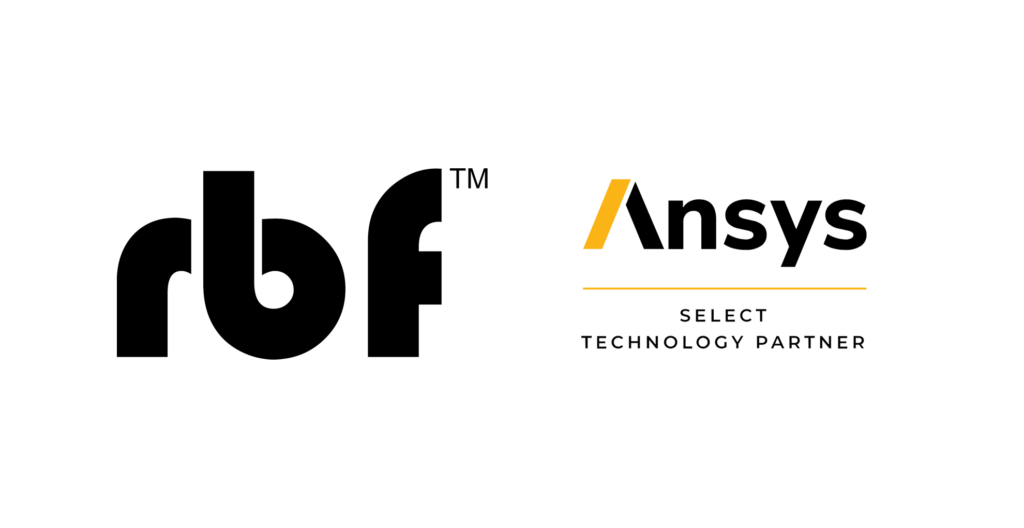

The EU-funded DigiPAD project (Digital Twin for Advanced Design in the Aerospace Industry) represents a transformative effort to enhance the precision and efficiency of preliminary aircraft design. Launched in May 2024, the 15-month initiative is a collaboration between RBF Morph and SmartUp Engineering, two organizations renowned for their expertise in numerical simulation and optimization tools. By leveraging their proprietary technologies, the project seeks to advance the state of the art in Digital Twin applications for the aerospace industry.
At the core of DigiPAD lies the integration of two cutting-edge tools: RBF Morph, a mesh morphing solution that allows for parametric manipulation of geometries and numerical domains, and JPAD, a platform for preliminary design and optimization developed by SmartUp Engineering. This synergy enables the creation of high-fidelity Computational Fluid Dynamics (CFD) datasets, compressed through advanced machine learning techniques, for real-time evaluation of design variables. Such innovations aim to redefine the capabilities of Digital Twins, bridging the gap between computational models and operational environments.
The project introduces several key innovations, including CAD-to-CAD synchronization for seamless integration of geometric models with CFD domains, a comprehensive CFD database for data compression and Digital Twin generation, and iso-topology generation for robust parametric modeling. These advancements will be instrumental in achieving a Technology Readiness Level (TRL) 7 prototype, demonstrating operational readiness and paving the way for broader adoption within the aerospace sector.
The DigiPAD team comprises a multidisciplinary group of experts, including Ubaldo Cella, Andrea Lopez, Emanuele Di Meo, Marco Camponeschi, and Giovanna Gargiulo from RBF Morph; Agostino De Marco, Manuela Ruocco, and Vittorio Trifari from SmartUp Engineering; and Corrado Groth and Marco Evangelos Biancolini from the University of Rome Tor Vergata, who are providing advanced algorithmic contributions. Together, they are addressing the challenges of contemporary aircraft design with a focus on sustainability, innovation, and efficiency.
By advancing Digital Twin technology, DigiPAD is set to redefine the paradigm of aerospace design, providing a robust framework for the development of eco-friendly and high-performance aircraft. The project’s outcomes promise not only to enhance the design process but also to contribute significantly to the industry’s pursuit of innovation and environmental responsibility.